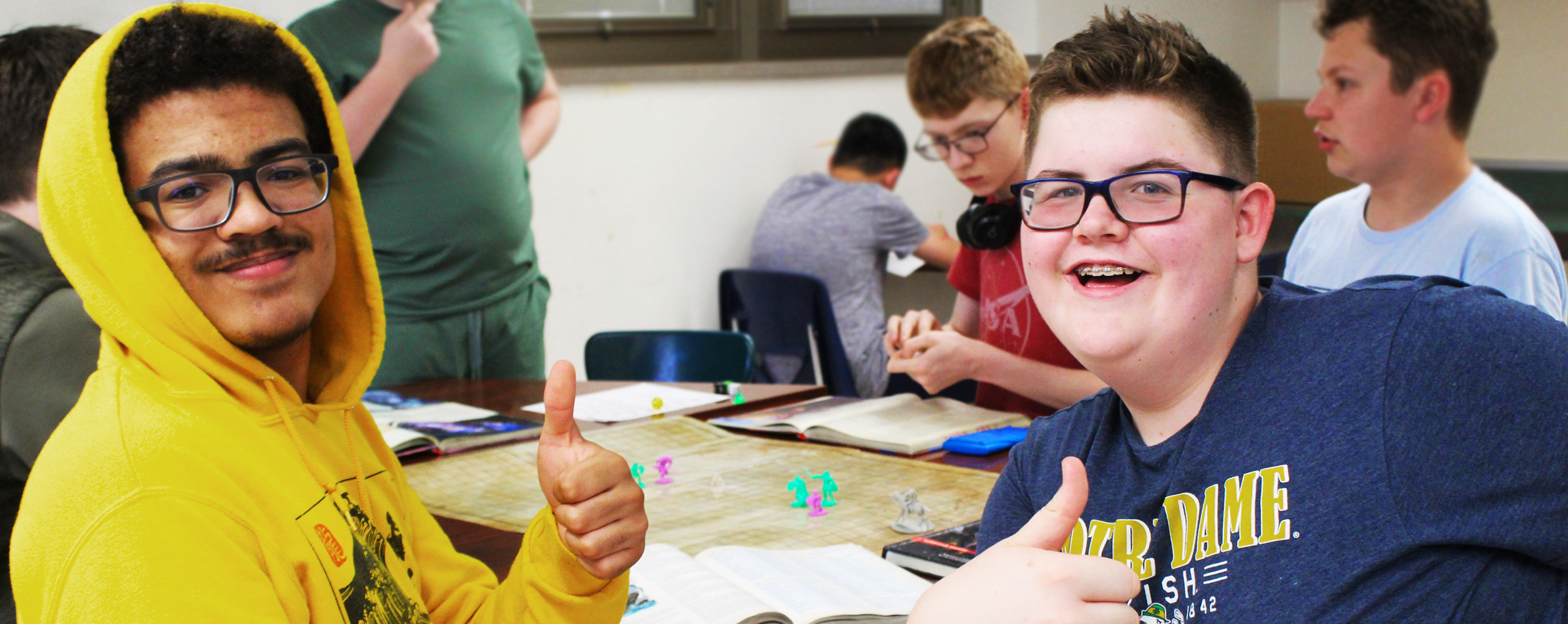October is ADHD Awareness Month — a reminder that supporting neurodivergent youth takes more than strong programs. It requires partnership. Camps, schools, and clinicians can amplify their impact when they treat parents not as passive recipients of updates but as true collaborators in shaping a child’s growth.

